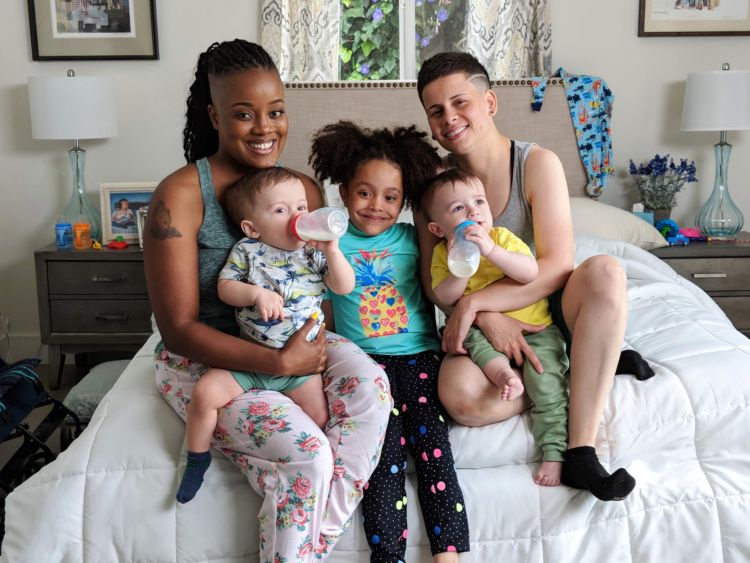Growing up, I felt like I was part of two very different worlds - I was gay and an athlete. In high school, I was a varsity basketball player who was scared of being gay and very firmly in the closet. Because I didn’t know of any gay athletes, I didn’t feel like I had permission to be both. I slowly started coming out in my mid-20s, but my life changed pretty drastically in 2012 when Nike announced their BeTrue campaign. It wasn’t until the brand that represented so many of my childhood heroes took a public stand and supported the LGBTQI+ community that I felt like I could truly be myself. Nike’s campaign let me know that I was accepted and celebrated for who I was. It made me feel proud to be both gay and an athlete. To say that I purchased a lot of BeTrue gear over the years would be an understatement.
The Role of Brands in Building a More Inclusive World


When I started my business, I knew from firsthand experience that brands are capable of setting the tone for the way consumers see the world and themselves. So from the very beginning, Xpedition has focused on building a better, more diverse, and more inclusive world by giving a voice to all marginalized groups, from women to the LGBTQI+ community to the Black Lives Matter movement. We believe brands have a responsibility to be representative and inclusive of the populations they serve, so we focus on working with companies to tell meaningful stories in a way that makes sense for their brand ethos.


When we partnered with Google to create a series of short films for Transgender Awareness Week, I knew I couldn’t be the only person responsible for telling these important stories. Although I’m gay, I’m still a cisgender male, so my experiences have been different from the transgender community. We enlisted the storytelling genius of Emmy-nominated producer and director Rhys Ernst to authentically share the stories of transgender people while shining a light on the extraordinary daily challenges that the trans community has faced and still faces today.

When we created several digital films for International Women’s Day, we collaborated with two-time Academy Award-nominated director Lucy Walker to tell the stories in a way that felt authentic to their lived experiences.

To bring Google Pixel’s 2018 Pride campaign to life, we partnered with photographer and director Robin Roemer, whose photos compelled the viewer to “question the lens” through which they view family — a deeply personal part of life that isn’t always biological. Whatever we do, we always strive to make sure that the people who have actually lived a given experience are in control of telling the story because we believe that diversity and inclusion are fundamental, both behind and in front of the camera.
Photographer Joyce Lee wrote on Instagram about the problem inherent in hiring white photographers to document Black Lives Matter protests: “When editors give platform to photographers who cannot possibly understand or empathize with the point of view of the subject they are shooting, they create a world that is skewed. We cannot possibly understand the plight [of Black people] because the media does not give them agency over their own stories.”
No one can truly understand what a particular experience is like except for the people who have actually lived them. That’s why we work closely with clients to help them tell brand stories that are sensitive to and truthful of lived experiences — and we hope other companies will follow suit. It’s important to do this in an authentic way, because consumers can easily tell when brands are just jumping on a trend or capitalizing on current events to line their own pockets. Companies must be committed to social justice as a core part of their DNA. They must commit to making the world a better place through the way they treat their employees, the way they conduct business, and the way they take a stand on the issues that matter most.
True allyship and genuine support can’t be about posting a feel-good statement on social media; it has to be about tangible action and actual change. Talk is cheap, but action is what actually matters. Brands must commit to the hard work of creating a more equitable and just world, both in the stories they tell and in the way they tell them. Because if there’s one thing I know from personal experience, it’s that the stories brands tell have the power to positively influence individuals. Let’s all commit to telling more authentic stories together.